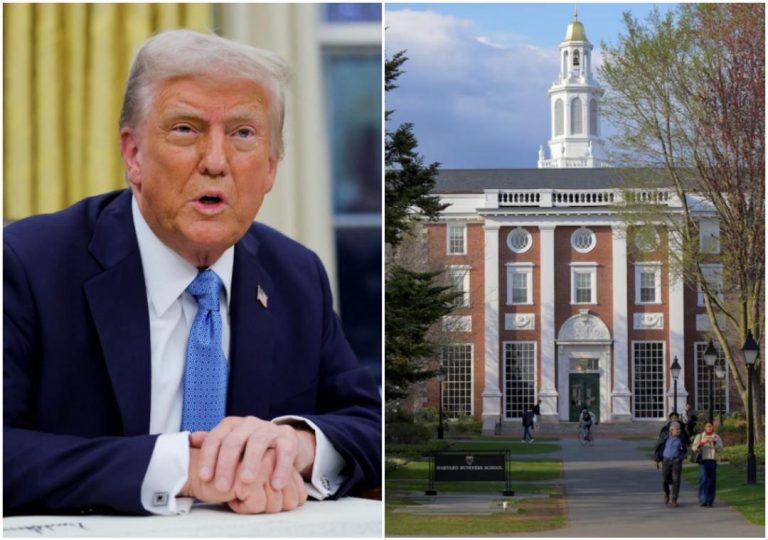
US Student Visa Crisis? SEVIS Rules & Legal Tips Explained
In recent times, Indian students in the United States have been facing uncertainty as a significant number of student visas have been revoked, and SEVIS (Student and Exchange Visitor Information System) records have been terminated. The situation has left many students, both current and incoming, worried about their immigration status and future plans. The Department of Homeland Security (DHS) has enforced a deadline under the Alien Registration Act for all foreign nationals staying in the US for over 30 days. In this blog post, we will delve into the SEVIS rules, legal tips, and provide guidance to help students navigate this crisis and maintain a valid immigration status.
What is SEVIS?
SEVIS is an online database maintained by the US Department of State and the US Department of Homeland Security. It is used to track and monitor the status of international students, exchange visitors, and their dependents in the United States. SEVIS is mandatory for all non-immigrant students and exchange visitors who come to the US to study, work, or participate in other educational programs.
Why are student visas being revoked?
The revocation of student visas and termination of SEVIS records is primarily due to non-compliance with the SEVIS regulations. The DHS has been cracking down on foreign nationals who have overstayed their authorized period of stay in the US. According to the Alien Registration Act, all foreign nationals who have stayed in the US for more than 30 days must register with the DHS. Failure to do so can result in severe consequences, including the revocation of their student visa and termination of their SEVIS record.
What are the consequences of visa revocation and SEVIS record termination?
The consequences of visa revocation and SEVIS record termination can be severe and far-reaching. Students who have had their visas revoked or SEVIS records terminated may face:
- Deportation: Foreign nationals who have had their visas revoked or SEVIS records terminated may be deported from the US.
- Barred from re-entry: Students who have been deported may be barred from re-entering the US for a certain period or even permanently.
- Loss of academic credits: Students who are deported or forced to leave the US may lose their academic credits and have to start anew.
- Financial implications: Students who are deported or forced to leave the US may have to pay back financial aid and scholarships.
Legal tips to avoid visa issues and maintain valid immigration status
To avoid visa issues and maintain a valid immigration status, students should follow these legal tips:
- Register with the DHS: As mentioned earlier, all foreign nationals who have stayed in the US for more than 30 days must register with the DHS.
- Maintain accurate SEVIS records: Students should ensure that their SEVIS records are accurate and up-to-date. Any changes to their record, such as a change in address or program, must be reported to the SEVIS administrator.
- Comply with program requirements: Students must comply with the requirements of their study program, including attendance and academic performance.
- Report changes to the DHS: Students must report any changes to their immigration status, such as a change in visa status or address, to the DHS.
- Consult with an immigration attorney: Students who are facing immigration issues should consult with an immigration attorney to ensure that they are in compliance with the immigration laws and regulations.
What can students do to maintain a valid immigration status?
To maintain a valid immigration status, students can take the following steps:
- Enroll in a full course of study: Students must enroll in a full course of study, which is at least 12 credits per semester for undergraduate students and 9 credits per semester for graduate students.
- Maintain a minimum GPA: Students must maintain a minimum GPA, which varies depending on their program and institution.
- Report absences: Students must report any absences to their institution and provide a valid reason for their absence.
- Comply with program requirements: Students must comply with the requirements of their study program, including attendance and academic performance.
Conclusion
The US student visa crisis is a serious issue that requires immediate attention and action. Students who have had their visas revoked or SEVIS records terminated may face severe consequences, including deportation and loss of academic credits. To avoid visa issues and maintain a valid immigration status, students must register with the DHS, maintain accurate SEVIS records, comply with program requirements, and report changes to the DHS. If you are a student facing immigration issues, it is essential to consult with an immigration attorney to ensure that you are in compliance with the immigration laws and regulations.
News Source:






